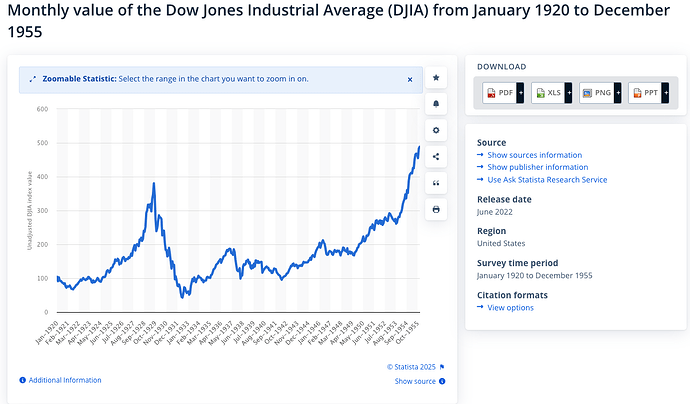The term “average” typically implies that about half the time the returns will be below 10%. And you also can’t guarantee that in your location rents won’t suddenly start increasing at rates higher than inflation.
Sure. And the $100K the renter puts in the index fund will give $1.7M in 30 years but will not provide a place to live. To get a place to live and therefore provide an equivalent comparison with the home owner you have to consider the cost of rent.
How much is the rent on a $500K house? Let’s assume the owner wants to at least break even on the rental so he uses the traditional 1% rule, in other words an average rent of $5K/month over the 30 year period. That comes out to $60K/year or $1.8M total rent cost over 30 years. In effect, the 30 year Index fund investment covered the cost of 30 years of housing, not much different from what a 30 year mortgage does.
As far as I can tell from using assumptions based on current national averages there is no consistent monetary difference in the outcome for a homeowner or home renter from an investment POV for comparable housing. The main difference is that at the end of 30 years, the renter gets his investment result in the form of stock while the owner gets real estate.
